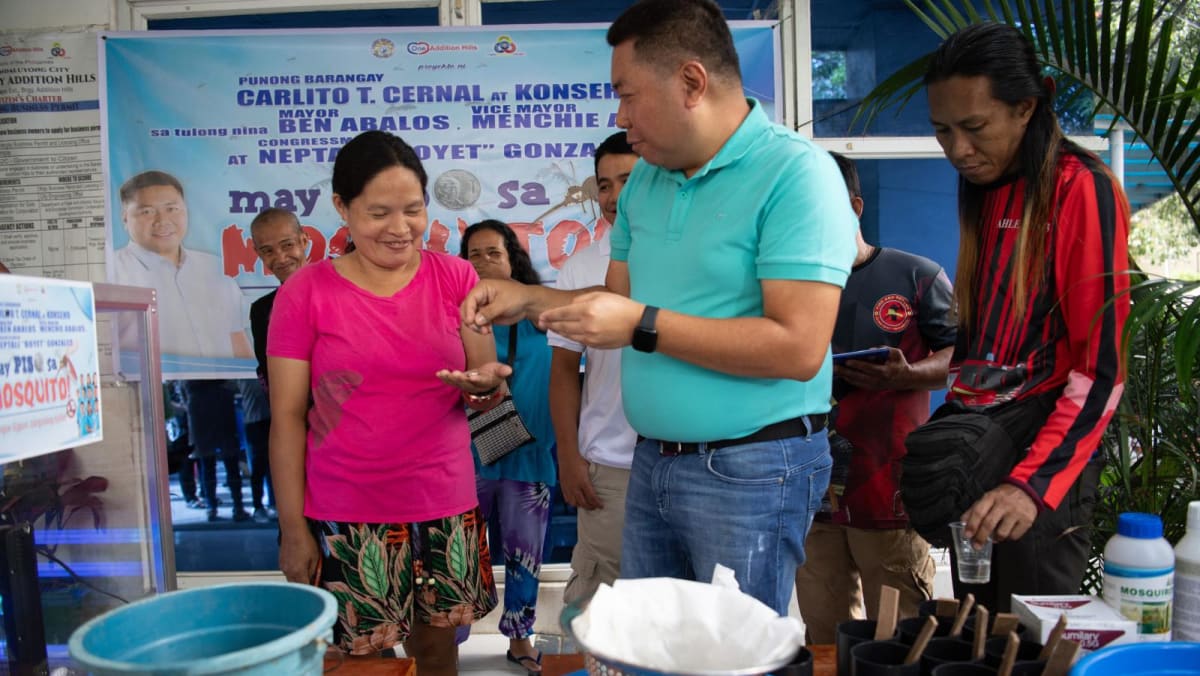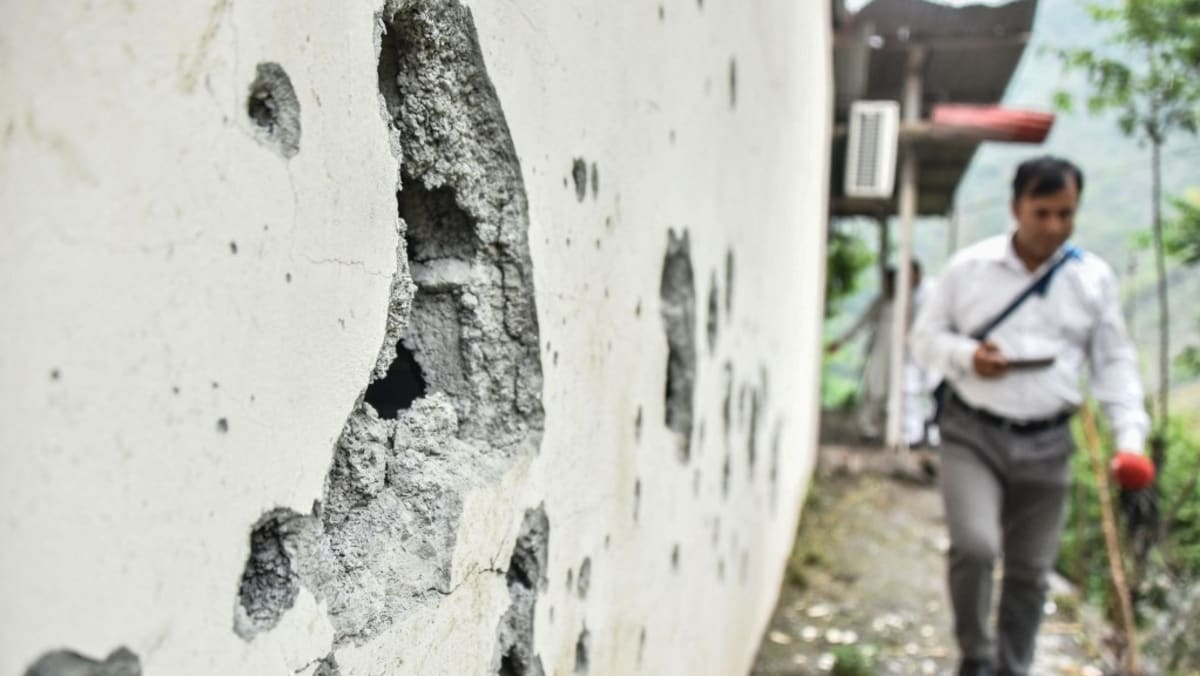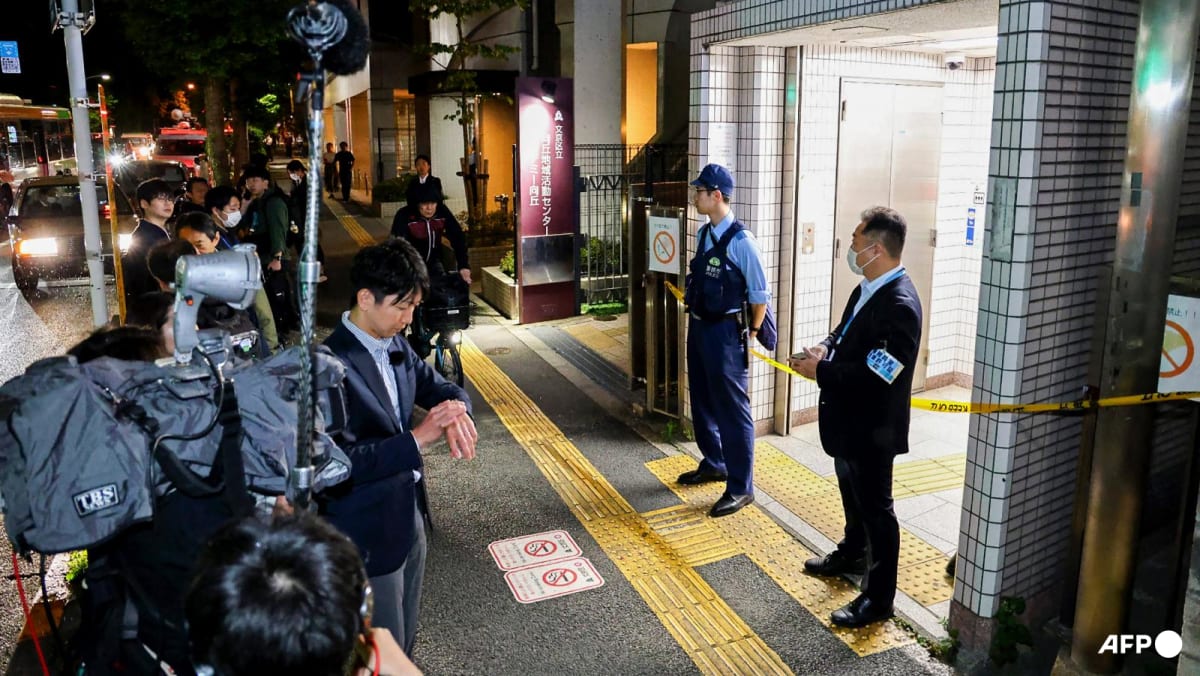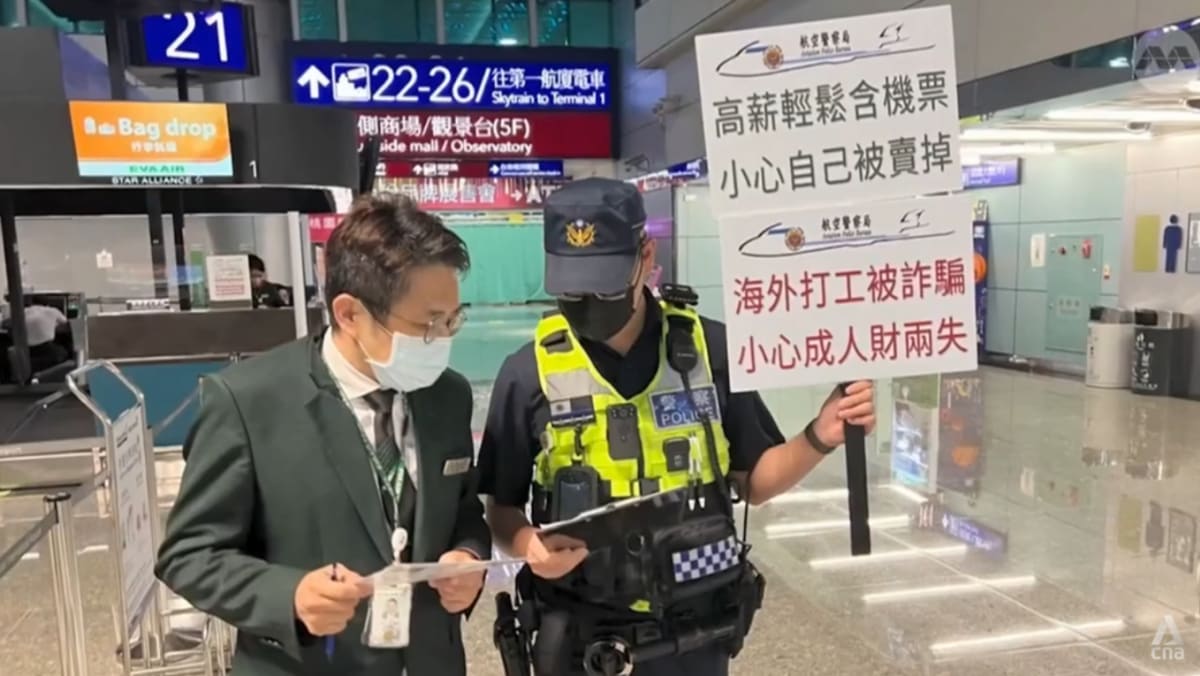“UNUSUAL RISE”
The country has seen an “unusual rise” in cases this year, with 28,200 patients recorded as of Feb 1, according to Department of Health spokesman Dr Albert Domingo, a 40 per cent increase from the same period last year.
Five cities and municipalities have declared outbreaks.
Domingo told AFP on Wednesday it was important that local communities consult with health authorities before launching ad hoc efforts, adding that the problem was best addressed by “going back to the fundamentals”.
“The sooner we clean our surroundings and overturn any possible areas where stagnant water is collecting, then we will have a better fight against dengue,” he said, urging residents to protect themselves with insect repellent and long sleeves.
Public health expert Anthony Leachon told AFP that while he welcomed all anti-dengue initiatives, the Addition Hills roundup would have “little or no impact at all”.
Some residents, he warned, might even exacerbate the problem by cultivating mosquitoes for coins.
While Rachel Estoque did not intentionally breed mosquitoes, the haul she turned in Wednesday came from a source of stagnant water in her home.
The 45-year-old housewife told AFP she woke up early to catch mosquito larvae growing in water in her flower pot. The 20 larvae earned her four pesos, enough for a tiny packet of cooking oil.
But like others waiting to trade in their catch, Estoque said the money was less important than the principle involved.
“My child suffered from dengue before and I know how scary and difficult that is … that’s why I’m participating in this project,” she said.













